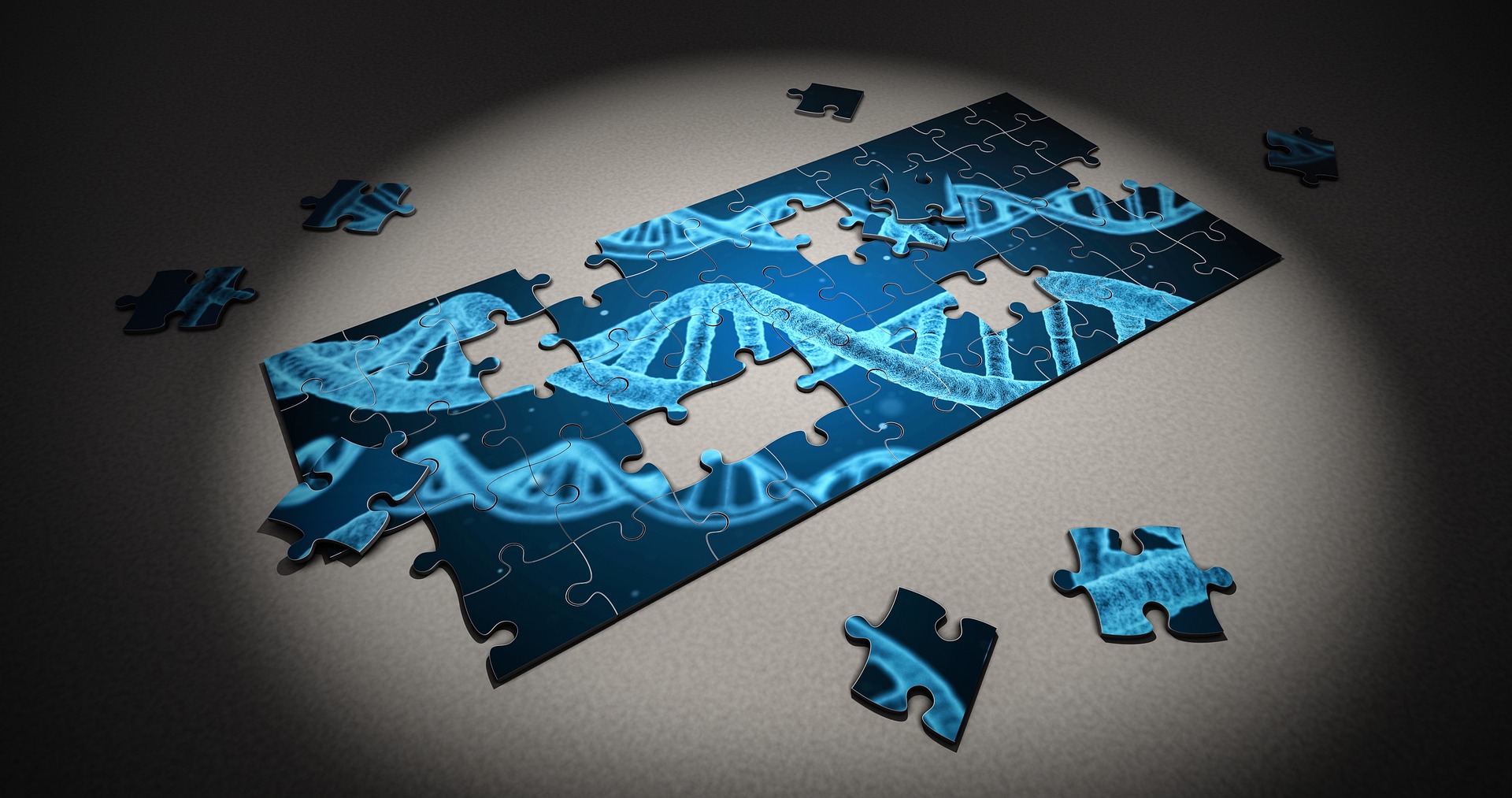 Submitted by Blue Moon on
Submitted by Blue Moon on

IT is of course the most obvious thing that members of a family have no more resemblance to one another, as a rule, than to strangers. The newer Mendelian heredity explains that this is necessarily the fact under the mathematics of present-day genetics. The possible combinations -- the chances of two identical individuals deriving from a single heredity, unless they are identical twins -- are less than 1 in 16,600,OOO.
Moreover, if we count our ancestors back to the fall of Rome, we each carry the heredity of 1,073,741,824 individuals, churned over and over by inbreeding of various degrees. Human heredity is thus an incalculable factor.
Reincarnation does teach, however, that persons of like tendencies tend to come together from past times, from ties of either love or hate. Also individuals mutually engaged in past activities which have left deep marks in their natures, will be drawn together in close relationships. The physical heredity gives the appropriate physical channels through which we reincarnate.
The study of genetics (heredity) in general, however, gives some of the most valuable clues as to reincarnation. That mental traits can be transmitted by purely mechanical motion of material, unconscious particles in certain geometrical arrangements, is so childishly absurd that one suspects a mental lesion, or at least a complex or idée fixe in the minds of those who hold it. There are few biologists of note now who are so naïve. Professors Eldridge and Driesch reject such an idea, on evidence which we think is indisputable to those who will study their works. Dr. Wm. MacBride, Professor of Zoology, Imperial College of Science of London, says of this matter:
"Each constituent cell of a higher animal possesses a nucleus; when, therefore, the egg-cell of the higher animal begins to divide into other cells, and when soon afterwards these cells become unlike each other, to what is that unlikeness due? ... If the various nuclei in the cells of any one animal are examined under the highest power of the microscope they are seen to be exactly alike....
"[Experiments by Driesch and his pupils on the eggs of the sea-urchin] drove Driesch to the conclusion that no possible machine-like arrangement of parts would explain the development of the sea-urchin -- that there must be in the egg an 'entelechy' -- that is to say, a 'something' not material which directs the growth to a definite end; for, he said, no conceivable machine could be divided into parts and each part continue to act like the whole machine; and no machine could have its parts disarranged and yet act normally....
"The nuclei themselves do not become different from one another or specialized; indeed Hertwig concluded from his experiments on the frog's eggs that the nuclei could be juggled about like a handful of marbles without affecting the result. It is by means of the emanations which they emit that the nuclei influence the surrounding protoplasm. Thus we are brought to the important conclusion that it is through the nuclei that the directive principle or 'entelechy' acts.
"When we take a broad view of the various stages of development of the eggs belonging to different groups of the animals, we are driven to the conclusion that these stages represent 'recapitulations,' i.e., 'memories' of past stages in the development of the race.
"We now know that these stages are brought about by successive emissions of influences from the nuclei. We may if we choose imagine that these nuclear influences are carried by material particles, but this is a hypothesis invented to cloak our ignorance. If, on the other hand, we said that development consists in the coming to the surface of a series of memories, we should not be far wrong ... So that the mysterious entelechy resolves itself into a series of memories of past environments and of the strivings of past ancestors to adapt themselves to these. The persistent strivings are what are called habits; and we have now definite evidence that striving long persisted in, i.e., acquired habit, influences the next generation...."
But if these memory-influences cannot be carried by material particles, what does carry them? How can an ancestral memory appear in a being, none of whose particles were in the ancestors, unless there is something invisible that rides the material transmission from generation to generation, carrying its memories and experiences? And what else is this but a phase of reincarnation? Scientists call this power to assemble matter in a particular form an "entelechy." Reincarnationists speak of the reincarnating Ego and his "skandhas" -- a re-alignment of the matter "belonging" (by reason of impressions received) to that Ego to form the new physical man.